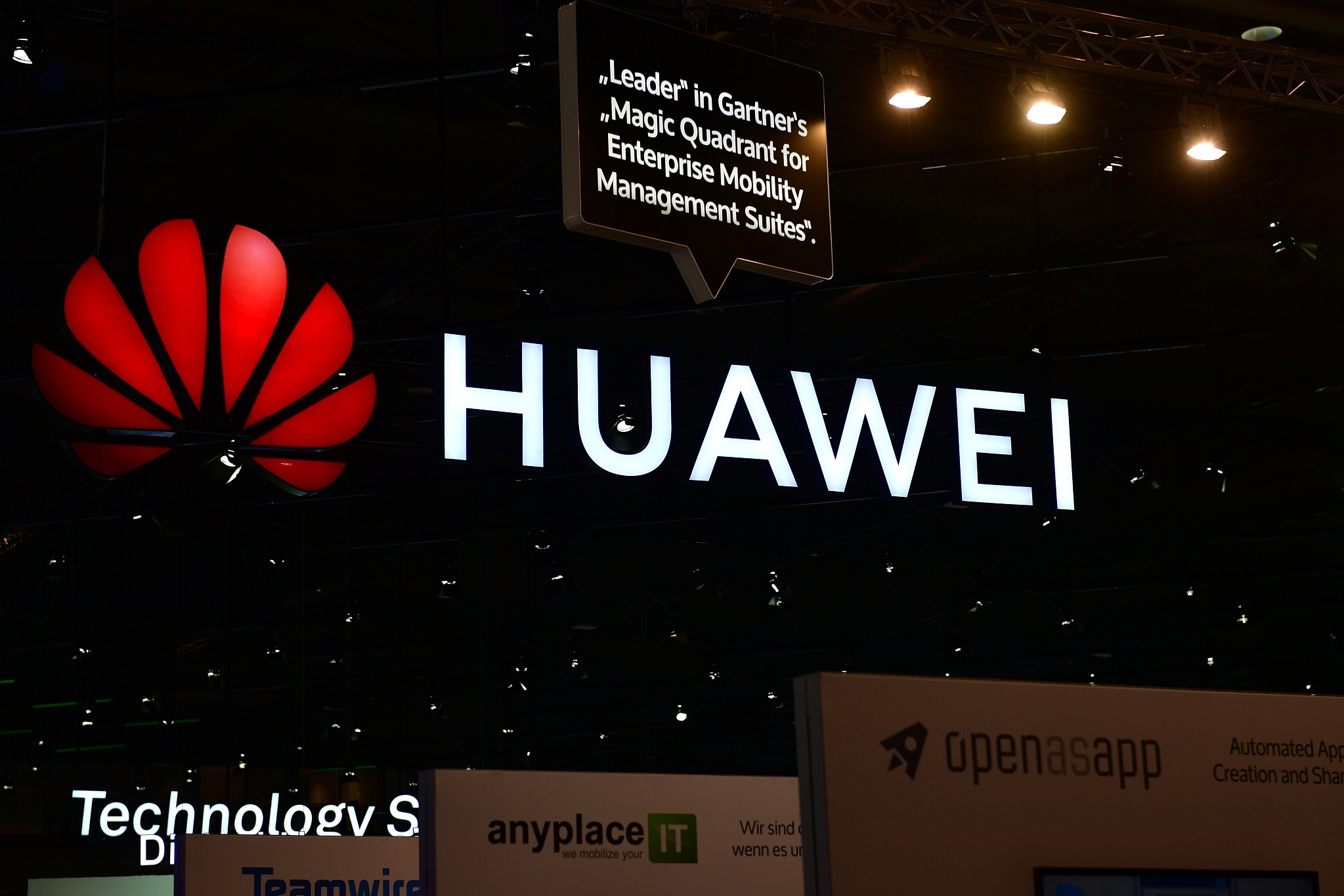News Brief
US Bans China’s Huawei And ZTE As Trade War Intensifies
- Hostility against Huawei and its Chinese counterparts began during the reign of Donald Trump. However, it's a bipartisan policy today in Washington.

The UK had earlier said that Huawei presented no security threat, even as the US moved ahead to restrict the Chinese firm’s growth (Photo:Alexander Koerner/Getty Images)
China apparently cannot catch a break.
After the disruption in semiconductor supply chains, Washington is now upping the ante on the telecommunications front.
Earlier this week, the United States' top telecom regulator announced that it was banning Huawei and ZTE from selling equipment within the country.
Citing national security concerns, as many other nations have done, as well as the closeness of the companies to Beijing, the administration in Washington made the call that could further derail trade negotiations currently underway between the two superpowers.
As reported in the Financial Times, the Federal Communications Commission (FCC) announced the decision, saying the US wanted to build a more secure and resilient supply chain in the telecom sector, and the ban would impact the equipment that is used in elaborate networks.
The ban also covers ‘white label’ equipment (manufactured by Huawei and ZTE but sold under a different name), developed specifically for the American market. For the FCC, this is about securing not just their security, but also retail networks.
The new announcement, banning Huawei and ZTE, will cover private transactions. Already the purchase of any Huawei and ZTE equipment using federal funds is prohibited.
Other companies that would be covered by the ban include Hytera, Hikvision, and Dahua. Some of these companies are engaged in the video surveillance business as well.
Hostility against Huawei and its Chinese counterparts began during the reign of Donald Trump. However, it's a bipartisan policy today in Washington.
Earlier, New Delhi shunned Huawei. In May 2021, the Indian government greenlit 5G trials around the peak of the deadly Delta wave.
However, Huawei was not allowed, as one of the telecom service providers' equipment and technology partners, which included Airtel, Reliance, Vodafone Idea, and MTNL.
Huawei’s dominance in the telecom industry, especially in the low-cost segment, is almost unchallenged.
When it comes to 5G, the company alone has filed over 1,500 patents, justifying its generous and gigantic research and development (R&D) budget. The giant sells 28 per cent of the world’s telecom equipment.
In 2019, Huawei had pocketed more than 25 contracts across the world to deploy its 5G technology in the 2020s and 45 agreements (MoUs) for trials.
The company went from a little over $20 billion in revenue in 2009 to over $80 billion in 2017.
Support Swarajya's 50 Ground Reports Project & Sponsor A Story
Every general election Swarajya does a 50 ground reports project.
Aimed only at serious readers and those who appreciate the nuances of political undercurrents, the project provides a sense of India's electoral landscape. As you know, these reports are produced after considerable investment of travel, time and effort on the ground.
This time too we've kicked off the project in style and have covered over 30 constituencies already. If you're someone who appreciates such work and have enjoyed our coverage please consider sponsoring a ground report for just Rs 2999 to Rs 19,999 - it goes a long way in helping us produce more quality reportage.
You can also back this project by becoming a subscriber for as little as Rs 999 - so do click on this links and choose a plan that suits you and back us.
Click below to contribute.
Latest